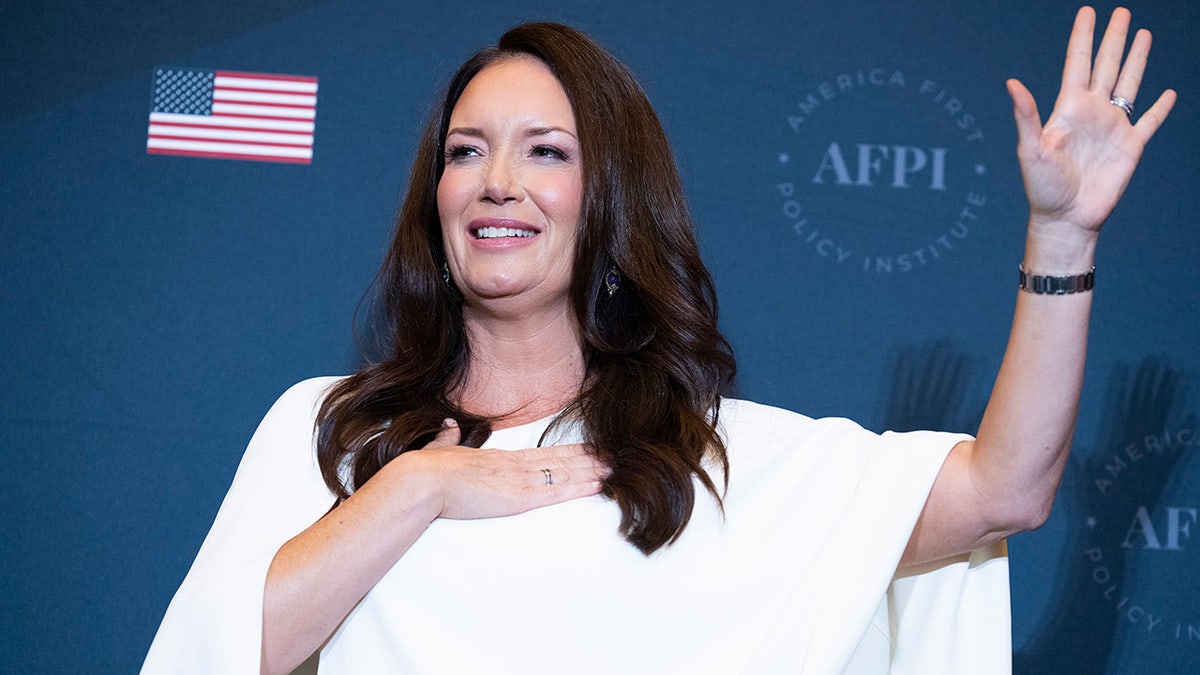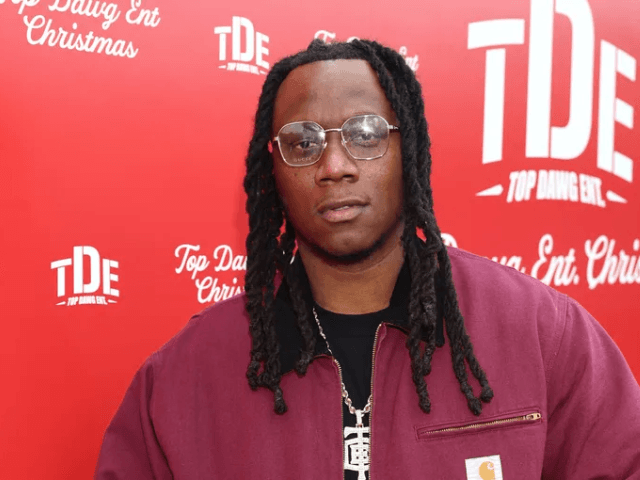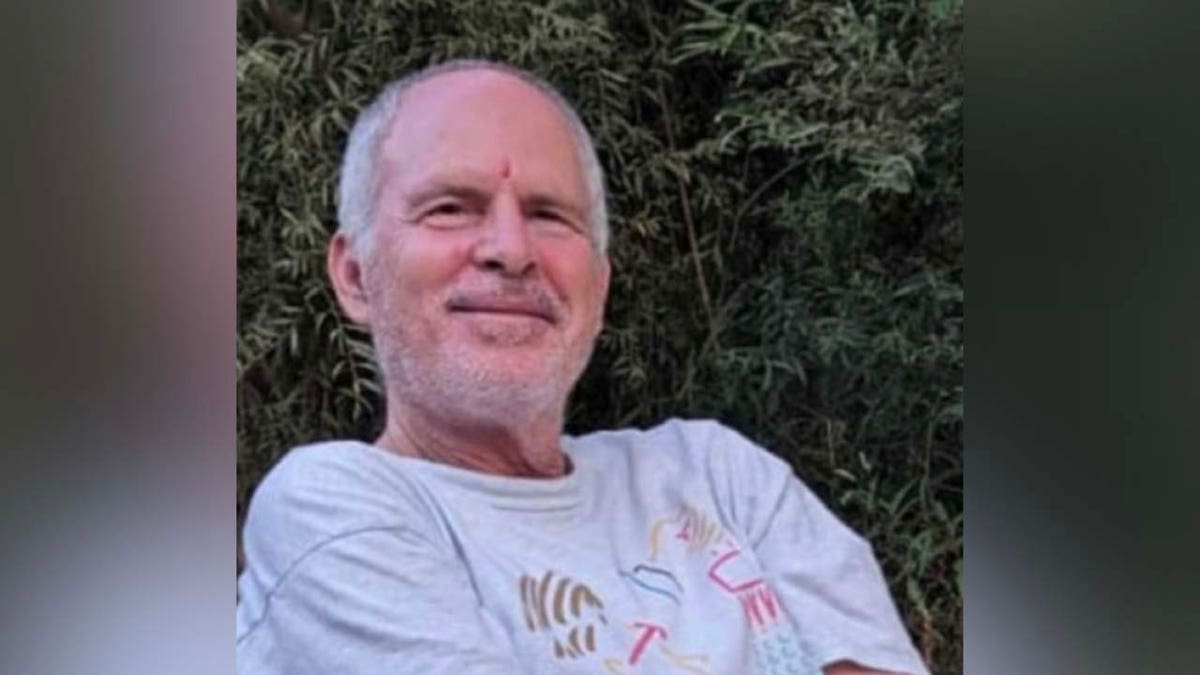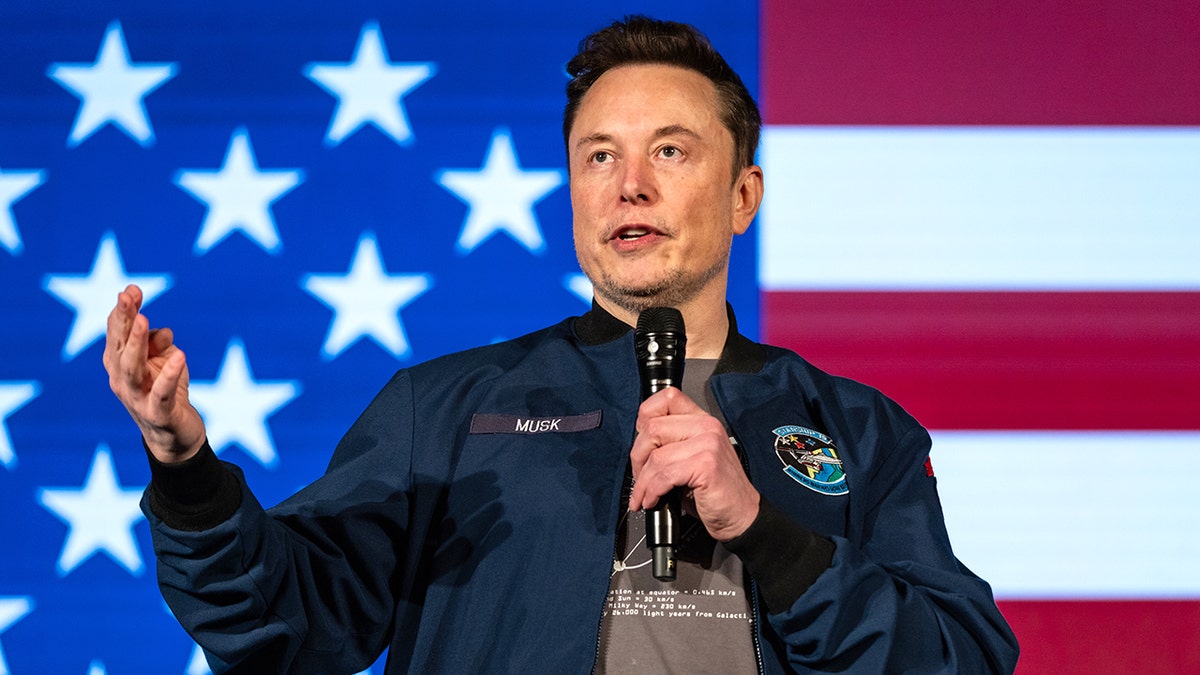The legality of President Trump's anticipated executive order to temporarily extend TikTok's service in the U.S. is under scrutiny. The order, reportedly intended to provide a 90-day reprieve, clashes with the 2024 Protecting Americans from Foreign Adversary Controlled Applications Act, which mandates TikTok's sale or closure. This act provided a 270-day window for TikTok to find a buyer, a deadline that expired on January 19, 2025, one day before Trump's inauguration. This timing poses a significant challenge, as the extension period has already lapsed.
Furthermore, the executive order may not fulfill the Act's stipulations. The legislation necessitates presidential certification of three conditions: a viable path to TikTok's divestiture, demonstrable progress toward a sale, and established legal frameworks for the sale's execution. Currently, none of these conditions have been met. TikTok's resistance to purchase offers underscores the Chinese government's view of the platform as a valuable intelligence tool.
The executive branch lacks the independent authority to suspend TikTok's sale or closure. Regulation of international commerce falls under Congressional purview. An executive order bypassing this authority could face substantial legal challenges. The 2024 Act extends beyond TikTok, impacting companies involved in its distribution, maintenance, updates, or hosting services. This includes app stores, cloud providers, and potentially even internet service providers, with penalties reaching up to $5,000 per TikTok user.

Beyond governmental action, shareholders could sue company management for non-compliance with the law. The potential financial risks associated with supporting TikTok could expose CEOs to mismanagement liabilities. State Attorneys General, empowered to protect consumers, could also initiate investigations into TikTok and the tech companies facilitating its operation. State consumer fraud laws prohibit misrepresentation in product sales, and allowing TikTok's continued operation could be construed as a violation, akin to selling drugs that have been withdrawn from the market due to safety concerns.

Allowing the Act to take effect would be the simplest solution, placing the responsibility for TikTok's closure on Congress and the Chinese Communist Party. Prioritizing national security by preventing China's data collection on American citizens aligns with Trump's previous stance on TikTok during his first term.








